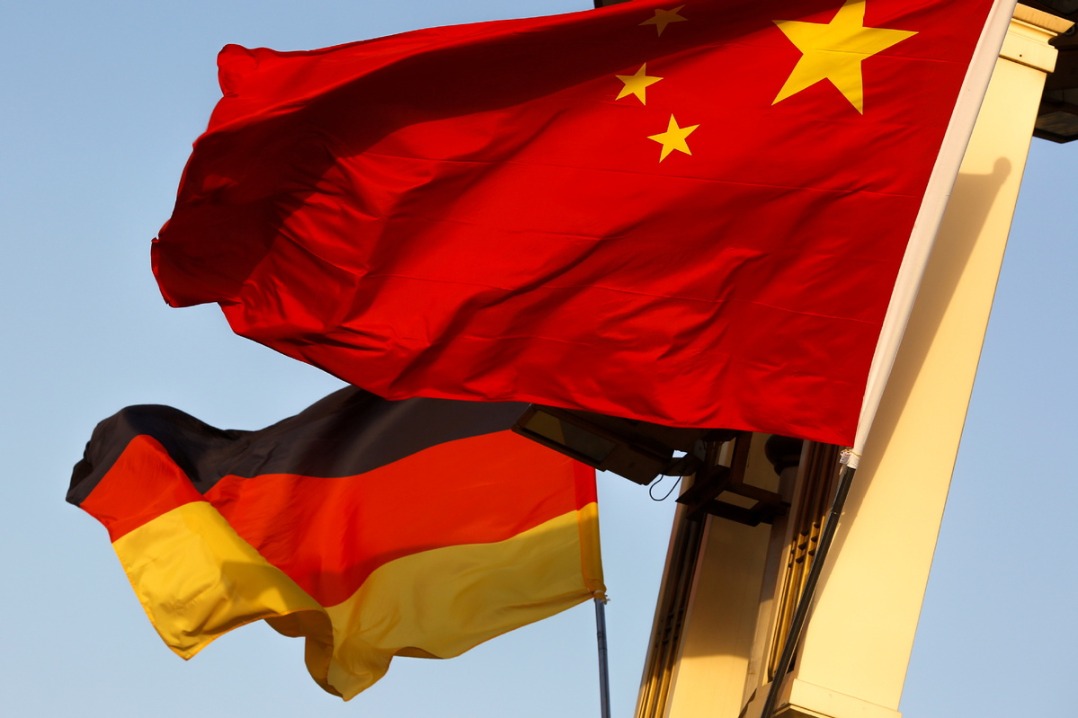China-Kazakhstan cooperation to bring win-win results



Kazakhstan has big plans for the Belt and Road Initiative, not least because it is geographically located at an ideal point connecting China and the West. The Kazakh government has proven how seriously it takes the initiative by participating in the Nurly Zhol (Bright Path) program, which represents a plan to stimulate the economy with a budget of $9 billion for the development and modernization of roads, railways, etc.
The economy of Kazakhstan suffered a setback after oil prices fell at the end of 2013, and, consequently, the future economic growth of Kazakhstan depends on the development of infrastructure and regional trade. The country aspires to become the largest business and transit hub in Central Asia, a bridge between Europe and Asia. Kazakhstan considers the Chinese initiative as a means to achieve this goal.
Kazakhstan is important for China's energy security. Kazakhstan is one of the world's 10 largest countries in terms of its oil, gas, coal and uranium reserves, and also has a strategic geographical location for controlling the flow of oil and gas from Central Asia to the East and West. Its geographical proximity, security of transport routes, and the absence of any hostile competitors in the region are the main advantages of the Kazakhstan energy sector for China. That is why a few years before Xi Jinping's official announcement about the "Economic belt of the Silk Road" initiative in Astana in 2013, China had already begun to actively invest in the oil and gas infrastructure of Kazakhstan.
Potential challenges
In Kazakhstan, there may be some obstacles to China's foreign direct investment (FDI). A Chinese investor planning to implement an energy project in Kazakhstan, as in any other developing country, may face an unsettled legal and regulatory environment, an uncertain continuity of existing laws and the execution of contracts. Uncertainty regarding the enforcement of international arbitration clauses in disputes with quasi-sovereign persons and/or government bodies in connection with the recently adopted Arbitration Law, among other things, creates special risks for foreign investors.
The main Chinese direct investments in the energy sector of Kazakhstan are still highlighted by specific approaches used by Chinese investors to obtain additional legal protection in one form or another, which otherwise is not provided for by common law. For example, to ensure the profitability of the projects of the Kazakhstan-China oil pipeline and the Central Asia-China gas pipeline, unprecedented international agreements have been signed and ratified between Kazakhstan and China, which have created a special legal framework for these two projects and which prevail over any conflicting Kazakh legislation.
However, the author believes that such a unique model of foreign investment can be problematic and unacceptable for Kazakhstan if it covers all investments in the energy sector under the Belt and Road Initiative.
Bet on Kazakhstan
Kazakhstan rose to the 35th place in the World Bank's Doing Business ranking. The World Bank said the country was one of the 20 most attractive countries for investors. In order to promote industrialization and diversify the economy, Kazakhstan's legislation provides for a system of privileges and preferences (for example, exemption from tax and customs duties and duties, and even reimbursement by the government for up to 30 percent of construction, installation and purchase of equipment), which facilitates direct investment in certain areas, including transport infrastructure, agriculture, production of oil products, as well as production, electricity.
In 2013, preferential tariffs and guaranteed contributions were introduced to support the development of renewable energy projects, and in 2015 a PPP law was adopted that provides a good legal basis for public-private partnership (PPP) projects in any sector of the economy.
Therefore, Chinese FDI in the framework of the initiative should be implemented in Kazakhstan in accordance with the general legislative framework, which is already very favorable for investors.
Use of opportunities
Kazakhstan needs to think about alternatives to growth through diversification and innovation, rather than relying solely on natural resources. The initiative provides a unique opportunity for Kazakhstan to attract Chinese funds and technologies, to become one of the largest transit hubs in Eurasia and to export natural products to China.
In Kazakhstan, there is a good legal system for attracting FDI, and given the large-scale privatization program, the country aims to reduce the state's presence in the economy to 15 percent by 2021. Thus, Kazakhstan has a chance to become the best country within the framework of the Belt and Road Initiative for investment of Chinese companies, and the door to China for the Eurasian Economic Union, a single market comprising 183 million people.
Zhumazhanov Aldiyar, a student from Kazakhstan, studies in Shandong University of Finance and Economics at MIB (Master of International business). He has lived and studied in China for 8 years.
The opinions expressed here are those of the writer and do not represent the views of China Daily and China Daily website.









































